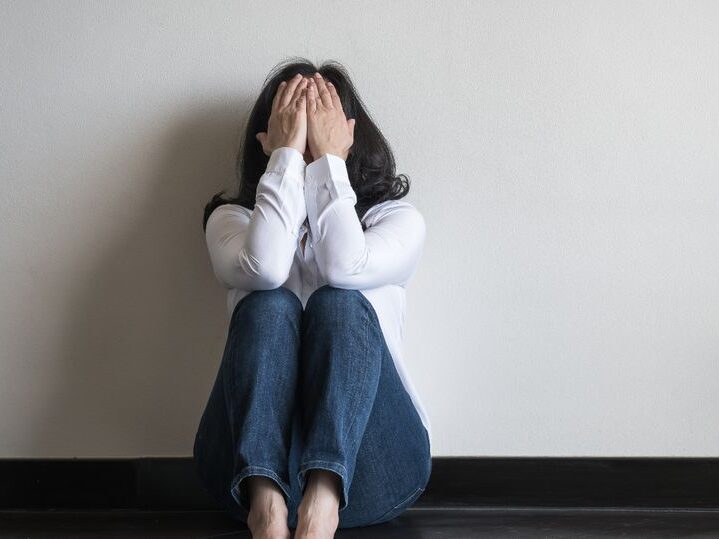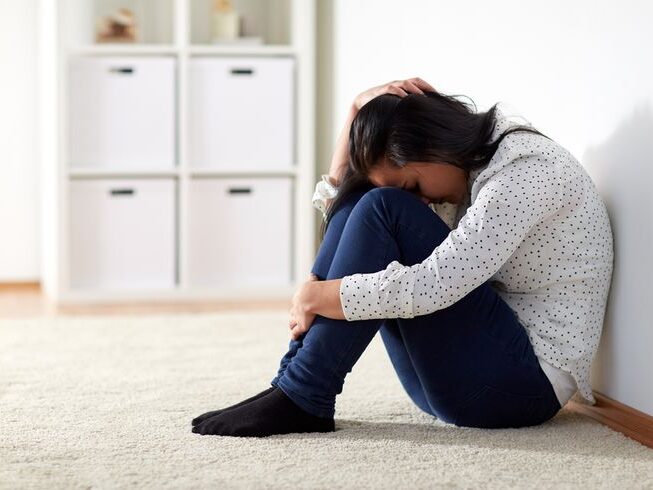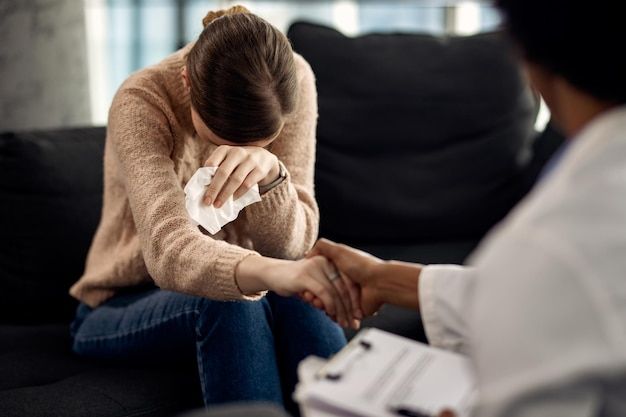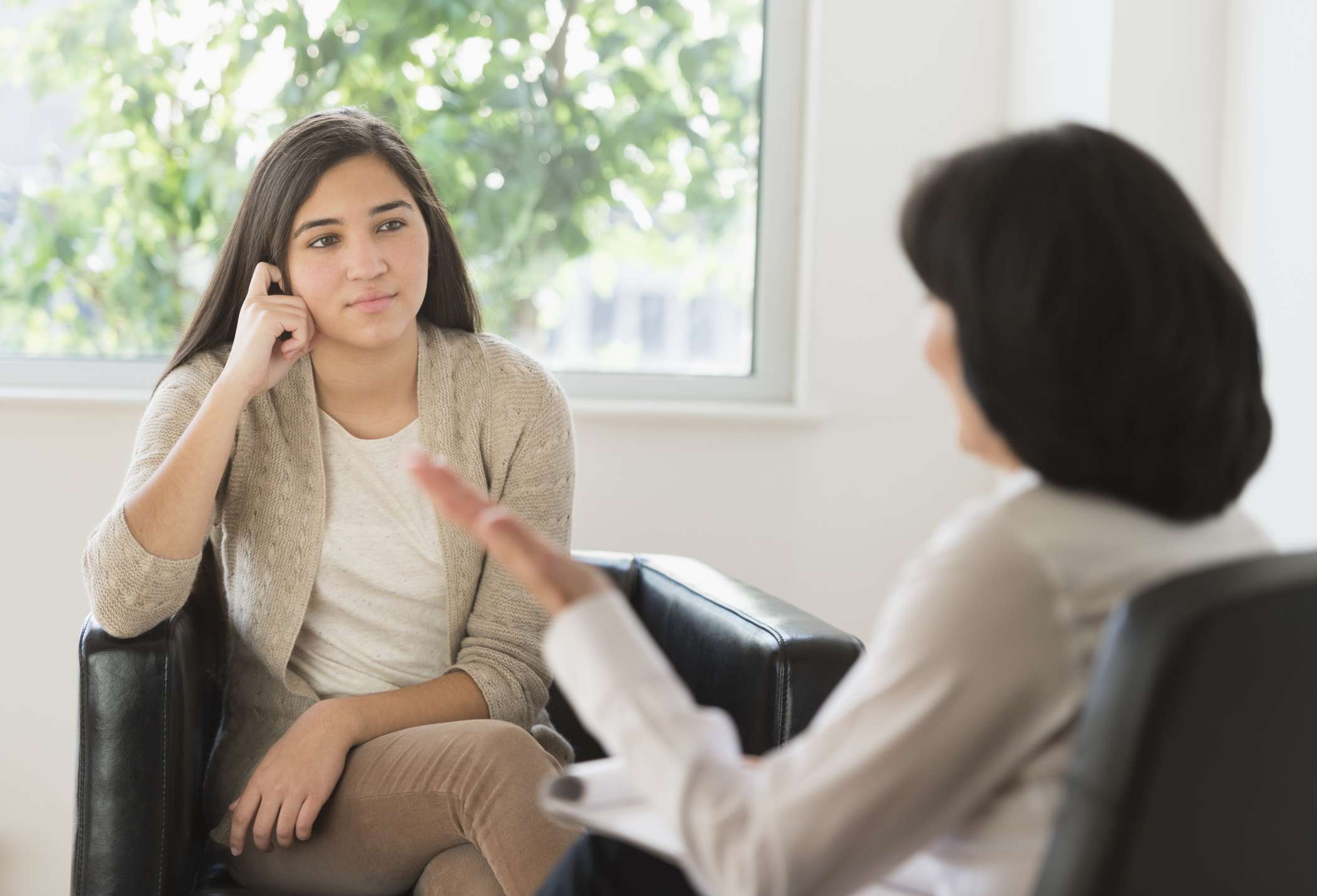Finding the right treatment for depression can make a significant difference in a person’s life. Various therapies, including psychotherapy, medication, and lifestyle changes, have been proven effective in managing symptoms of depression. Understanding the options available allows individuals to choose a path that best suits their needs and preferences.
Many people struggle with feelings of sadness, hopelessness, and lack of motivation. Different therapeutic approaches aim to address these feelings in various ways. For instance, cognitive behavioral therapy (CBT) helps individuals recognize and change negative thought patterns, while medication can balance chemicals in the brain that affect mood. Furthermore, self-care practices like exercise and proper nutrition can complement these therapies.
With the right combination of treatments, recovery from depression is possible. It is important for individuals to explore different options and seek professional guidance to find the most effective approach.
Key Takeaways
- Therapy options for depression include both medication and psychotherapy.
- Lifestyle changes can significantly enhance mental health.
- Support and resources are vital for a comprehensive treatment plan.
Understanding Depression
Depression is a mental health condition that affects millions of people. It can manifest in various ways, making it important to recognize its symptoms and types. Identifying these factors can help in seeking appropriate treatment.
Symptoms and Diagnosis
The signs of depression can vary, but common symptoms include:
- Persistent sadness: Feeling low for extended periods.
- Loss of interest: A noticeable decrease in pleasure in daily activities.
- Fatigue: A constant feeling of tiredness, even with rest.
- Changes in sleep: Insomnia or oversleeping can occur.
- Weight fluctuations: Significant changes in appetite and weight.
Diagnosis usually involves a mental health professional reviewing symptoms and their duration. Standard criteria, such as those in the DSM-5, help to classify the severity and type of depression. Seeking help early can lead to effective management and treatment.
Types of Depression
Several types of depression exist, each with distinct characteristics:
- Major Depressive Disorder: This clinical depression features severe symptoms affecting daily life for at least two weeks.
- Seasonal Affective Disorder (SAD): This type occurs at certain times of the year, often during winter months when daylight is limited.
- Persistent Depressive Disorder: Also known as dysthymia, this involves chronic depression lasting for two years or more.
- Other Specified and Unspecified Depression: These include depression that doesn’t fit standard categories but still significantly impacts an individual’s life.
Recognizing the type of depression can guide treatment options and improve outcomes.
Pharmacological Treatments
Pharmacological treatments are an important part of managing depression. Several types of medications can help alleviate symptoms by affecting brain chemistry. This section focuses on four major classes of antidepressant medications.
Selective Serotonin Reuptake Inhibitors (SSRIs)
SSRIs are commonly prescribed for depression. They work by increasing serotonin levels in the brain, which can improve mood and emotional stability. Common SSRIs include fluoxetine (Prozac), sertraline (Zoloft), and escitalopram (Lexapro).
These medications are often preferred due to their relatively mild side effects compared to older antidepressants. Patients usually take SSRIs once daily, and it may take several weeks to feel the full effects. Some side effects can include nausea, insomnia, and sexual dysfunction.
Serotonin-Norepinephrine Reuptake Inhibitors (SNRIs)
SNRIs are another class of antidepressants that impact both serotonin and norepinephrine levels. They are effective for treating major depressive disorder and anxiety disorders. Venlafaxine (Effexor) and duloxetine (Cymbalta) are well-known SNRIs.
Patients may find SNRIs useful if SSRIs are ineffective. Like SSRIs, SNRIs may take a few weeks to show benefits. Possible side effects include dry mouth, dizziness, and increased blood pressure, so regular monitoring may be necessary.
Atypical Antidepressants
Atypical antidepressants represent a diverse group with various mechanisms. Medications like bupropion (Wellbutrin) and mirtazapine (Remeron) fall into this category. Bupropion works by increasing levels of dopamine and norepinephrine.
Mirtazapine, on the other hand, helps to increase serotonin and norepinephrine but in a different way from SSRIs and SNRIs. Both types can be helpful for patients who do not respond to traditional treatments. Side effects vary but can include weight gain or changes in sleep patterns.
Tricyclic Antidepressants
Tricyclic antidepressants (TCAs) are older medications used less frequently today. They are effective but tend to have more side effects. Amitriptyline and nortriptyline (Pamelor) are common TCAs.
These drugs work by blocking the reuptake of neurotransmitters like serotonin and norepinephrine. Due to their sedation effect, they may be beneficial for patients with insomnia. However, side effects can include weight gain, constipation, and dry mouth. Monitoring and careful prescribing are especially important with these medications.


Psychotherapy and Counseling
Psychotherapy and counseling are important treatments for depression. These therapies aim to change negative thought patterns and improve coping skills. Different types of therapy are available, each with unique methods and goals.
Cognitive Behavioral Therapy (CBT)
Cognitive Behavioral Therapy (CBT) helps individuals recognize and change unhelpful thought patterns and behaviors. Its goal is to address how negative thoughts can influence feelings and actions.
In CBT, the therapist works with the patient to identify specific beliefs that contribute to depression. Through exercises and discussions, the patient learns to challenge these thoughts and replace them with more realistic ones.
CBT usually includes assignments that encourage patients to practice new skills outside of therapy. This active participation can improve their ability to manage stress and develop healthier coping strategies.
Interpersonal Therapy (IPT)
Interpersonal Therapy (IPT) focuses on improving interpersonal relationships and social functioning. It is based on the idea that relationships can affect emotional well-being.
During sessions, the therapist and patient discuss important life events, such as grief or conflict, that may contribute to depression. The therapy helps individuals identify relationship patterns and develop communication skills.
The goal of IPT is to resolve interpersonal issues that may be triggering depressive feelings. By improving social interactions, patients can experience better emotional health and learn to navigate difficult situations.
Psychodynamic Therapy
Psychodynamic Therapy emphasizes the influence of the unconscious mind on thoughts and behaviors. This therapy aims to uncover unresolved conflicts from the past that might affect current emotional health.
In this therapy, the patient explores their thoughts, dreams, and feelings with the therapist. By understanding these deeper issues, they can gain insight into their behavior and build self-awareness.
Psychodynamic Therapy often involves discussing childhood experiences and relationships. By addressing these underlying issues, patients can lead to improved emotional functioning and a better understanding of themselves.
Dialectical Behavior Therapy (DBT)
Dialectical Behavior Therapy (DBT) is a specific type of Cognitive Behavioral Therapy designed to help individuals with intense emotions. It focuses on developing skills in four key areas: mindfulness, distress tolerance, emotion regulation, and interpersonal effectiveness.
DBT is structured and often includes individual therapy as well as group skills training. This combination allows patients to learn and practice skills in real-life situations.
The therapy emphasizes accepting oneself while also working toward change. Patients learn to balance acceptance and change, which can help them cope better with overwhelming emotions.
Family and Couples Therapy
Family and Couples Therapy involves working with the patient’s family members or partners to improve communication and address relationship issues. This approach recognizes that family dynamics can significantly influence mental health.
In these sessions, the therapist helps all parties express their feelings and concerns. By improving understanding and resolving conflicts, the therapy fosters healthier relationships.
The goal is to create a supportive environment that helps the individual with depression feel less isolated. Engaging loved ones in the therapy process can strengthen support systems and enhance recovery efforts.
Lifestyle Modifications and Self-Care
Making lifestyle changes and focusing on self-care can significantly enhance well-being for those dealing with depression. Incorporating specific strategies into daily life can help individuals manage symptoms and improve overall mental health. Here are some effective approaches.
Behavioral Activation
Behavioral activation focuses on engaging in positive activities to counteract depressive feelings. By identifying and increasing involvement in enjoyable or meaningful tasks, individuals can break the cycle of negative thoughts.
- Set Goals: Start with small, achievable goals like reading a book or taking a short walk.
- Schedule Activities: Create a daily or weekly planner to maintain structure.
- Stay Accountable: Involvement from friends or family can provide encouragement.
These steps increase self-awareness and boost mood through positive reinforcement.
Mindfulness and Meditation
Mindfulness practices and meditation can help individuals cultivate present-moment awareness, reducing stress and anxiety. These techniques aim to enhance self-awareness and promote mental clarity.
- Breath Awareness: Focus on breathing patterns to center the mind.
- Guided Meditations: Use apps or online resources for structured sessions.
- Body Scan: This technique involves mentally scanning the body for tension.
By practicing mindfulness regularly, individuals can develop coping strategies to handle stressful situations better.
Physical Exercise
Regular physical exercise is crucial for improving mood and overall mental health. It helps release endorphins, which are natural mood elevators.
- Types of Exercise: Consider activities like walking, jogging, cycling, or yoga.
- Consistency Important: Engaging in at least 30 minutes of moderate exercise most days can yield benefits.
- Social Opportunities: Group classes or team sports can also build social support.
Exercise not only boosts physical health but also fosters a sense of accomplishment and connection to others.
Developing Coping Skills
Building effective coping skills is essential for managing depression. These strategies provide tools for dealing with stressful situations and emotional challenges.
- Journaling: Writing about thoughts and feelings can clarify emotions and identify triggers.
- Problem-Solving: Develop a step-by-step approach to tackle specific challenges.
- Relaxation Techniques: Practice methods such as progressive muscle relaxation or visualization.
By integrating these skills, individuals can find healthier ways to manage their thoughts and behaviors, contributing to improved mental wellness.


Additional Support and Resources
Support and resources play a crucial role in managing depression. They provide avenues for connection, education, and coping strategies that can be beneficial for individuals seeking help.
Group Therapy and Community Support
Group therapy offers a space for individuals to connect with others facing similar challenges. Participants can share their experiences and feelings, which fosters a sense of belonging.
Benefits of Group Therapy:
- Shared Experience: Knowing others have faced similar issues reduces feelings of isolation.
- Social Support: Members can offer each other encouragement, which can enhance coping skills.
- Guidance from a Professional: A trained mental health professional leads the sessions, providing structure and support.
Community support groups also exist outside of therapy settings. Organizations like the Depression and Bipolar Support Alliance (DBSA) create supportive environments for discussions and workshops. This builds a network where individuals can find solace and understanding.
Educational Workshops and Seminars
Educational workshops can provide valuable information on depression and coping strategies. These sessions often include mental health professionals who present evidence-based techniques.
Key Features of Workshops:
- Skill Development: Participants learn practical skills, such as stress management and mindfulness.
- Knowledge Sharing: Workshops often cover the latest research on depression treatments, empowering individuals with information.
- Resource Connections: Attendees can find information on local support services, making it easier to seek further help.
Many workshops are free or low-cost, making them accessible. By attending these events, participants can gain insights and develop tools important for their journey in managing depression.
Frequently Asked Questions
Many people seek information about effective therapies for depression. Understanding various treatment options, self-care strategies, support systems, and lifestyle changes can help individuals manage their symptoms more effectively.
Which therapeutic approach is recommended for the treatment of depression?
Common therapeutic options include psychotherapy, which may involve methods like cognitive-behavioral therapy (CBT) or talk therapy. Antidepressant medications can also be part of the treatment plan, tailored to the individual’s needs.
What self-care strategies can be effective in managing symptoms of depression?
Self-care practices such as regular exercise, maintaining a healthy diet, and keeping a journal can help. Mindfulness and relaxation techniques, like meditation or deep breathing exercises, are also valuable for managing stress and improving mood.
What kind of support networks exist for individuals dealing with depression?
Support networks can include friends, family, or support groups. Professional organizations and online communities provide additional resources to connect with others who share similar experiences.
How can one actively improve their mental health when experiencing depressive episodes?
Engaging in positive activities, seeking social interactions, and reaching out for support can actively improve mental health. Staying engaged in hobbies can also provide a sense of accomplishment and enjoyment.
What lifestyle changes can contribute to a decrease in depressive symptoms?
Incorporating a regular sleep schedule and practicing good sleep hygiene can have a positive impact. Avoiding alcohol and drugs is important, as they can worsen depressive symptoms.
In what ways can medication complement therapy for depression?
Medication can provide a necessary chemical balance in the brain, making therapy more effective. A combined approach often leads to better outcomes as patients can address emotional and cognitive challenges while also managing symptoms.





